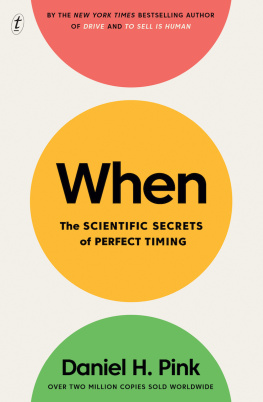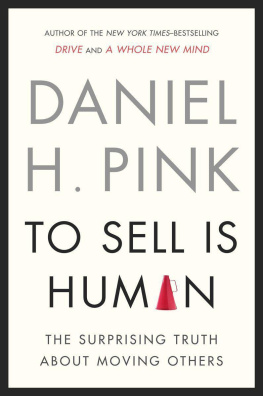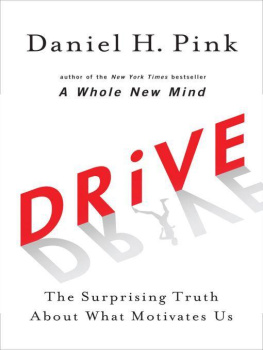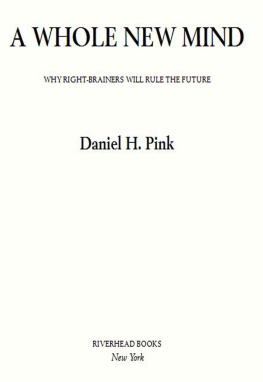Conversation Starters
for
Daniel Pinks
Drive
By dailyBooks
About Us:
THROUGH YEARS OF EXPERIENCE AND FIELD EXPERTISE, from newspaper featured book clubs to local library chapters, dailyBooks can bring your book discussion to life. Host your book meets as we discuss some of todays most widely read books.
Copyright 2019 by dailyBooks. All Rights Reserved. Published in the United States of America
Disclaimer: This is an unofficial conversation starters guide. If you have not yet read the original work we encourage you to do so first before reading this Conversation Starters Product names, logos, brands, and other trademarks featured or referred to within this publication are the property of their respective trademark holders and are not affiliated with dailyBooks. The publisher and author make no representations or warranties with respect to the accuracy or completeness of these contents and disclaim all warranties such as warranties of fitness for a particular purpose. This guide is unofficial and unauthorized. It is not authorized, approved, licensed, or endorsed by the original book's author or publisher and any of their licensees or affiliates. No part of this publication may be reproduced or retransmitted, electronic or mechanical, without the written permission of the publisher.
Tips for Using dailyBooks Conversation Starters:
EVERY GOOD BOOK CONTAINS A WORLD FAR DEEPER THAN the surface of its pages. The characters and their world come alive through the words on the pages, yet the characters and its world still live on. Questions herein are designed to bring us beneath the surface of the page and invite us into the world that lives on. These questions can be used to:
- Foster a deeper understanding of the book
- Promote an atmosphere of discussion for groups
- Assist in the study of the book, either individually or corporately
- Explore unseen realms of the book as never seen before
Table of Contents
Introducing Drive
Introducing the Author
Inspiration Behind Drive
Discussion Questions
Trivia Facts About Drive
T he former White House speechwriter Daniel Pink writes about what really drives humans of the 21st century. The motivational theory that is commonly accepted is that what produces improved results is when good behavior is rewarded and undesirable behavior is punished.
In his book, Drive: The Surprising Truth About What Motivates Us, Daniel Pink says that in order to understand what really motivates people, managers need to go above and beyond what they daily see in the workplace. Daniel Pink draws his conclusions from his research in social science for over four decades. In his studies, Pink references a particular report that was performed by four well-known economists. In this particular study, the test subjects were divided into three groups. To motivate all of these groups to perform various exercises, they were paid a different bonus in different tiers of small, medium and large. The results of this study were not surprising. They showed that as long as the required task only involved a manageable mechanical skill, the bonuses worked as expected. They found that the higher the pay, the better the performance. However, the catch was that once the required task already calls for an even rudimentary cognitive skill, a much larger reward only led to poorer performance.
Daniel Pink refers to these types of work rewards as if-then motivators. This means that if an employee does a particular task, then he gets a reward. These if-then motivators are only effective for tasks that involve mechanical skill but are not for those that require a complex and creative skill. The tasks of the workforce have evolved in the past century, from executing straight-forward tasks to tasks that involve higher and more complicated thinking. However, the motivational mechanisms that managers use are still the ones they used in the past.
Daniel Pink says that money really matters, but in this day and age, money matters in a slightly different way. He states that people need to be paid enough. Pink observes that a business owner cannot violate the norm of fairness. This means that two employees who are working the same job and are producing the same output should be receiving close to the same pay. If this is not met, then jealousy between these employees can hinder progress. Pink says managers should pay people well enough so that the issue of money is taken off the table. When employees are too preoccupied about their pay, they will not be focusing enough on their work.
When money is no longer an issue, Daniel Pink claims that there are three key motivators to ensure enduring performance. The first is Autonomy. Pink invites his readers to take a step back and to look at management from a different perspective. Pink says that management was invented in the 1850s. It is a technology that was made to organize people into their productive capacities. Businesses need management because it ensures good compliance, but it does not guarantee employee engagement. Pink says that when an employee is engaged, he or she will be more inclined to work hard and to strive for better work. When the employers encourage engagement, they should nurture autonomy through giving their employees more control over their time off work, the teammates whom theyll work with, the task that they will actually do and their manner of doing it.
The second is Mastery. This is the desire to excel at the required tasks that are performed is an inherent human trait. A study was conducted to monitor 12,000 responses from hundreds of volunteers. They found out that the days when employees were most motivated to work are when they know that they are making progress in meaningful work. However, in order for people to acknowledge their progress, they should receive feedback. Pink says that these feedbacks should be frequent, organic and informal. This type of feedback is more effective for younger employees than giving them a formal annual performance evaluation and appraisal. Daniel Pink suggests that performance reviews should be done within the so-called office hours wherein managers should set aside a small block of their time weekly for non-obligatory feedback discussions.
The third key motivator is Purpose. In one study that was conducted by Michigan State University, the participants were the new employees in a call center. They were divided into three groups wherein they all received the same training. However, five minutes before their first actual phone call, the group were told to study different things the first group studies whatever they wanted. The second group studied the job benefits of employees, and the third group studied the testimonies from the ones who benefited from their cause. Group 3 was given a purpose for the calls. As a result, they received more than double the number of weekly donations and pledges compared to groups 1 and 2. In this instance, the five minutes they spent in instilling a purpose further motivated employees to increase their productivity by more than 200%.
Daniel Pink encourages entrepreneurs, managers and business owners to focus less on giving instructions to employees but focuses more on the purpose of their tasks and the significance of their contribution to the company as a whole.
Next page
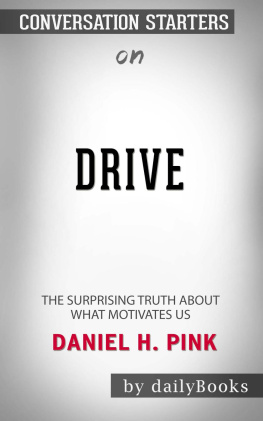


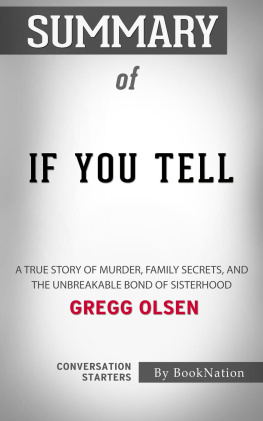
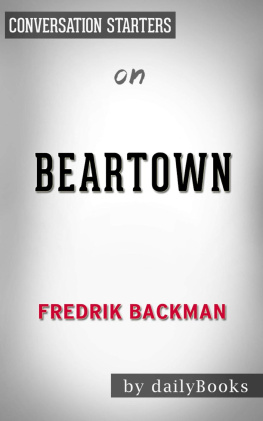


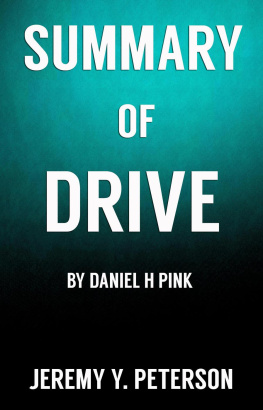
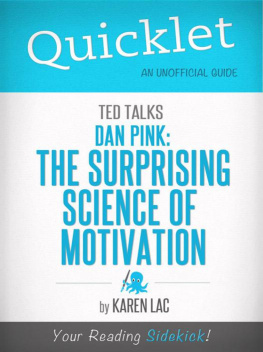
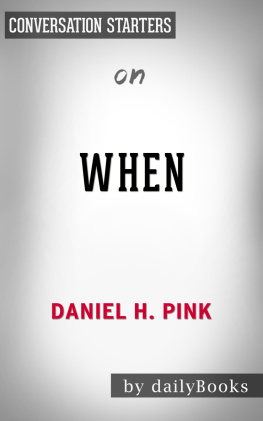
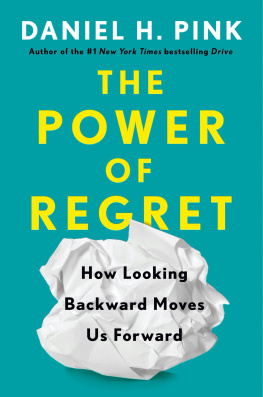

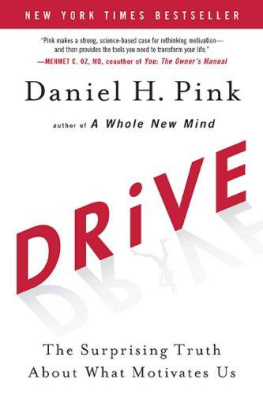
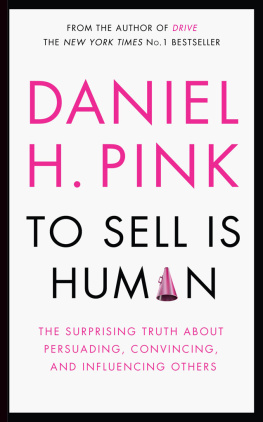
![Pink - To sell is human-- in 30 minutes: the expert guide to Daniel H. Pinks [critically acclaimed book]](/uploads/posts/book/227093/thumbs/pink-to-sell-is-human-in-30-minutes-the-expert.jpg)
